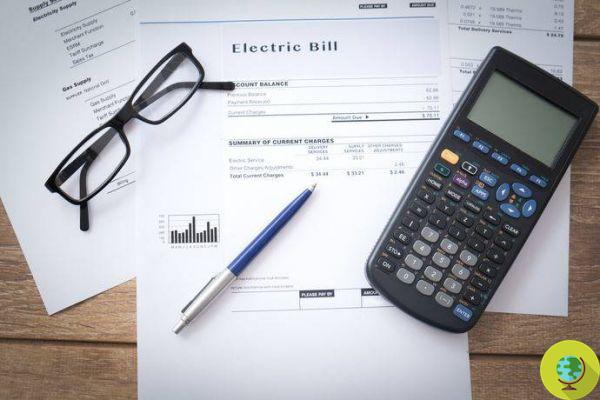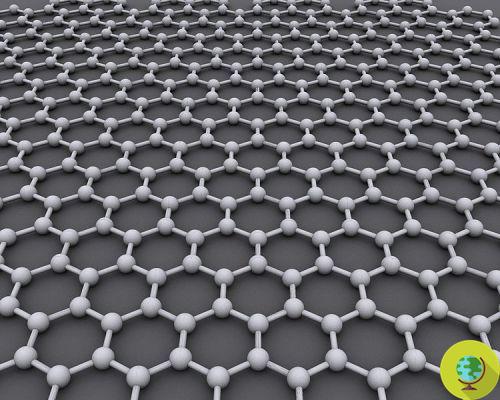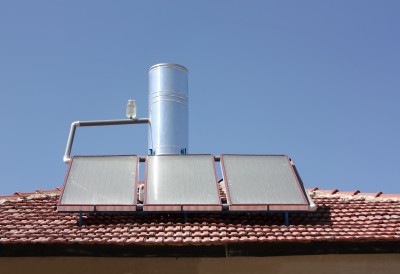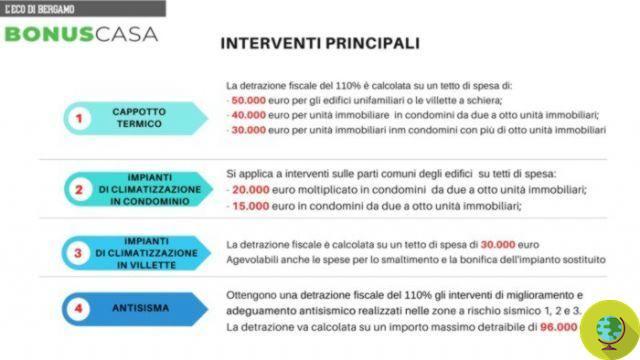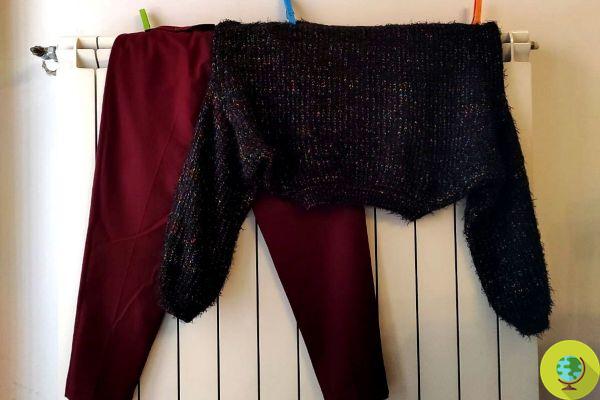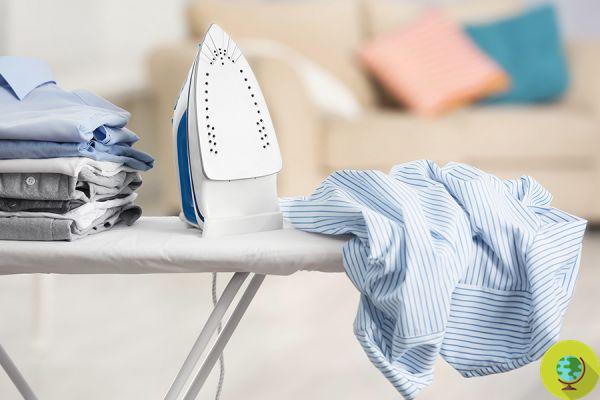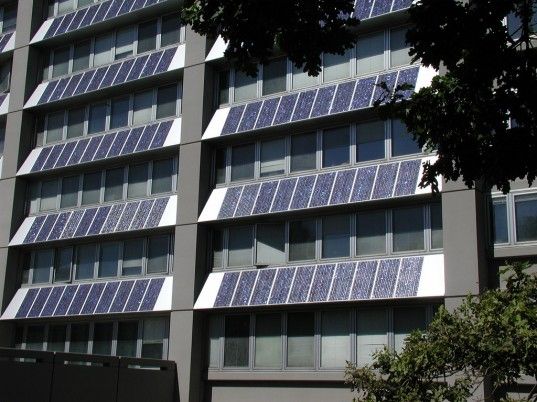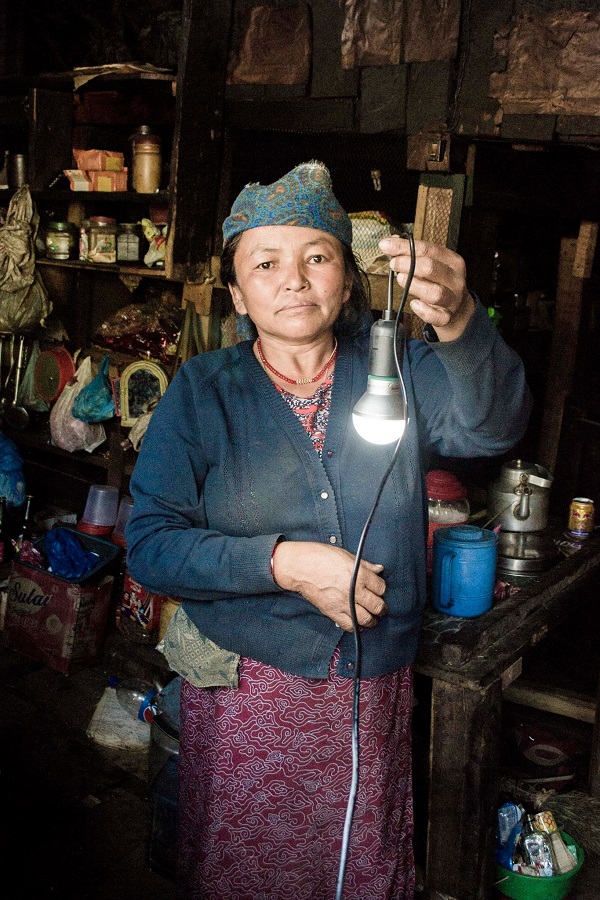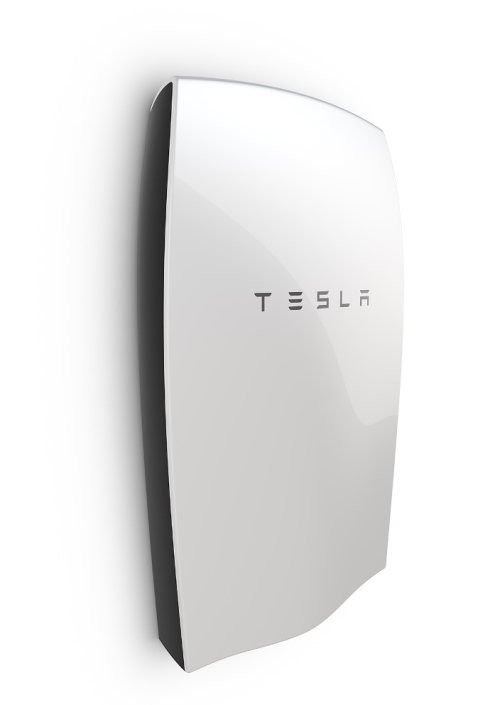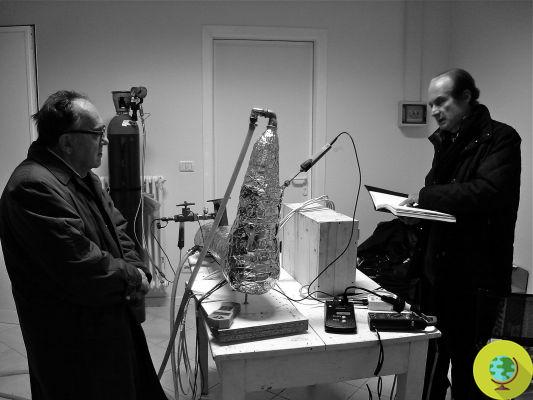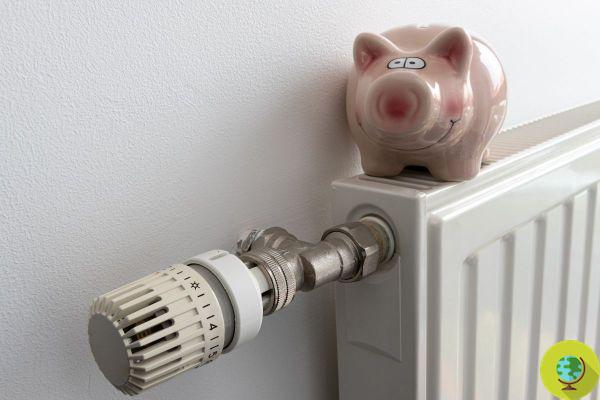
What are the advantages of keeping the radiators on at a minimum all day or, conversely, of turning them on for a few hours?
He is about to end up run over, his mother saves himLet's try to understand what are the advantages of keeping the radiators on at a minimum all day and, on the contrary, turning them on for a few hours at maximum power.
With winter just around the corner and the sudden drop in temperatures, we are psychologically preparing to invest money in the use of home heating, which can often prove to be very expensive. Keeping your home warm and welcoming on winter days is important, but so is trying to save energy for the well-being of our wallets and the environment. Here then comes the dilemma: is it more convenient to keep the radiators on for many hours or to turn them on and off for short periods of time? Let's try to clarify.
Savings lovers would tend to turn on the radiators only for a few hours a day as needed, the time it takes to warm up and make the apartment more comfortable - but this is not always the wisest choice. In fact, the domestic heating system, after being turned off for many hours, struggles to start up and reach the desired temperature - especially if it is particularly cold outside, taking more time and energy to heat the apartment than it would if it were. remained on at a lower temperature. Furthermore, once the set temperature is reached, the radiators will burn, but the house will still be cold since the domestic walls have not yet absorbed the heat of the system, and the temperature of the apartment will paradoxically continue to drop even more when the radiators turn off. . Finally, the components of the boiler are strongly stressed by the continuous jolt between pauses and activation at maximum power, and this can cause accelerated wear and premature breakage (with consequent expenses for the repair of the system).
On the other hand, if we keep the heaters on at minimum power for many hours a day, the boiler will work less and will be less stressed by thermal changes, lasting longer over the years. The temperature of the radiators will never be too hot because the system does not work at its maximum and the sensation of heat will be homogeneous throughout the house.
(Read also: Radiators: how much does it cost to keep them on?)
Obviously, we are not inviting you to keep the radiators on all the time day and night: this would lead to an unnecessary waste of energy and would have negative effects on the environment. The ideal would be, during the coldest days, to keep the heating system always active at an acceptable minimum temperature, raising it slightly when you are at home: in this way you will avoid dizzying temperature changes, preserve the health of the boiler and our plant will not be overloaded with work. But what is the "right temperature" to maintain a good level of heat in the house without straining the system too much or spending a fortune? Usually, the thermostat should be set to 16-18 ° C during the day, bringing it to 21 ° C when you are at home - remembering that excessive heat in the apartment can bring with it side effects, such as dryness of the skin and of the passages. breathing, redness of the skin, difficulty falling asleep and insomnia.
HERE you can find some tips to make the best use of radiators without wasting energy.
Follow your Telegram | Instagram | Facebook | TikTok | Youtube
We also recommend:
- Radiators, the time has come to use these "tricks" to save money
- Access radiators: we reveal the mistakes you shouldn't make, which are bad for your health (and the environment)
- How to use radiators wisely (without wasting energy and money)




